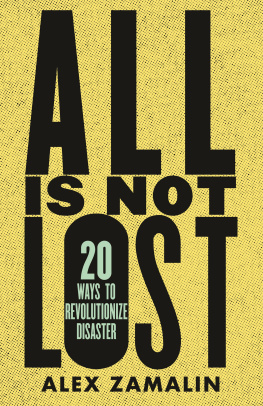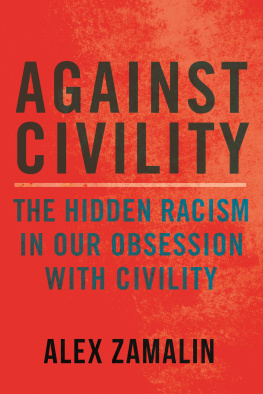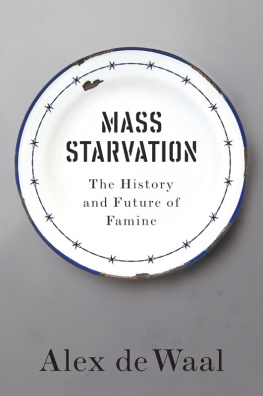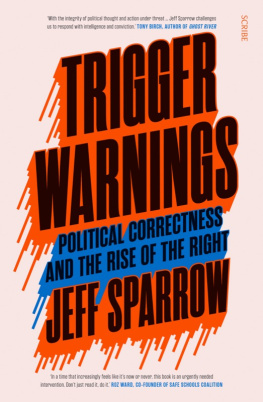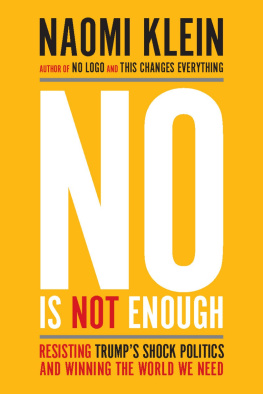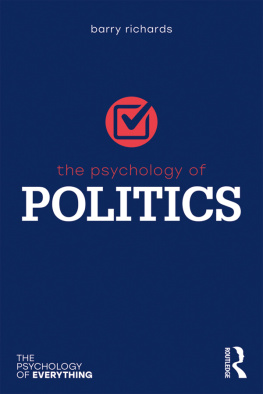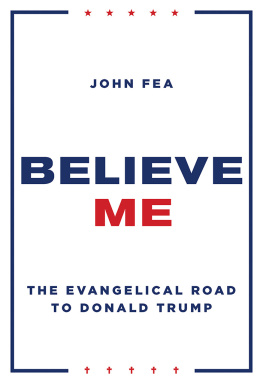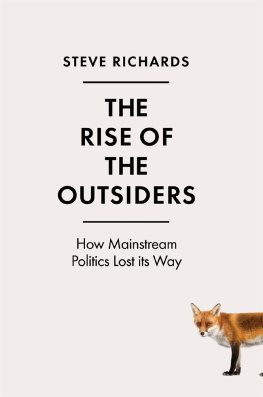Contents
Pagebreaks of the print version
Guide
PRAISE FORALL IS HOT LOST
In the wake of the wreckage of the Trump era and pandemic, relief is widespread, but so too is a sense of hopelessness. This book is a call to action, a must-read.
ROXANNE DUNBAR - ORTIZ , author of Not A Nation of Immigrants: Settler Colonialism, White Supremacy, and a History of Erasure and Exclusion
Many of these remarkable stories from our history will be new to readerswhich is sad in a way, since they are important chapters that have been ignored (or erased). But its a joy in another way, because their fresh power will inspire many to action!
BILL MCKIBBEN , author The End of Nature
Filled with inspiring heroes and inspiriting examples, this appeal to make a better world offers an assertive call to seize the time. Combining ethics and idealism with grounded strategies for democratic mobilization, the book presents evocative and compelling guidance about how to organize and identifies ways to communicate without apology.
IRA KATZNELSON , author of When Affirmative Action Was White: An Untold History of Racial Inequality in Twentieth-Century America
Pondering those who have resisted in our history, Alex Zamalin proposes, is the first stepafter COVID and Donald Trumpto making sure that the center and right are not the only forces to reap the benefits of the ongoing American crisis. This is a thrilling read for our times.
SAMUEL MOYN , Yale University, author of Humane: How the United States Abandoned Peace and Reinvented War
If, as Alex Zamalin says, radical ideas are most palatable when theyre boldly announced and proudly defended in the mainstream, then this book will be their vehicle. All Is Not Lost is a visionary romp through the history we need for a transformational, just, and egalitarian politics. Vivid, inspiring, and accessible, this book gives us heroes who know that to change what feels familiar, you have to make a scene. It should be read by everyone.
BONNIE HONIG , Brown University, author of Shell-Shocked: Feminist Criticism After Trump
In this place of darkness and disaster, Alex Zamalin gives us a guide to overcoming. Written with a great heart and a cool head, he maps what can, what should, be done to build a new world from the shards of the old. This is a call to change within our reach, a map to revolution in the everyday.
ANNE NORTON , University of Pennsylvania, author of Leo Strauss and the Politics of American Empire

To Alison, Sam, and Anita
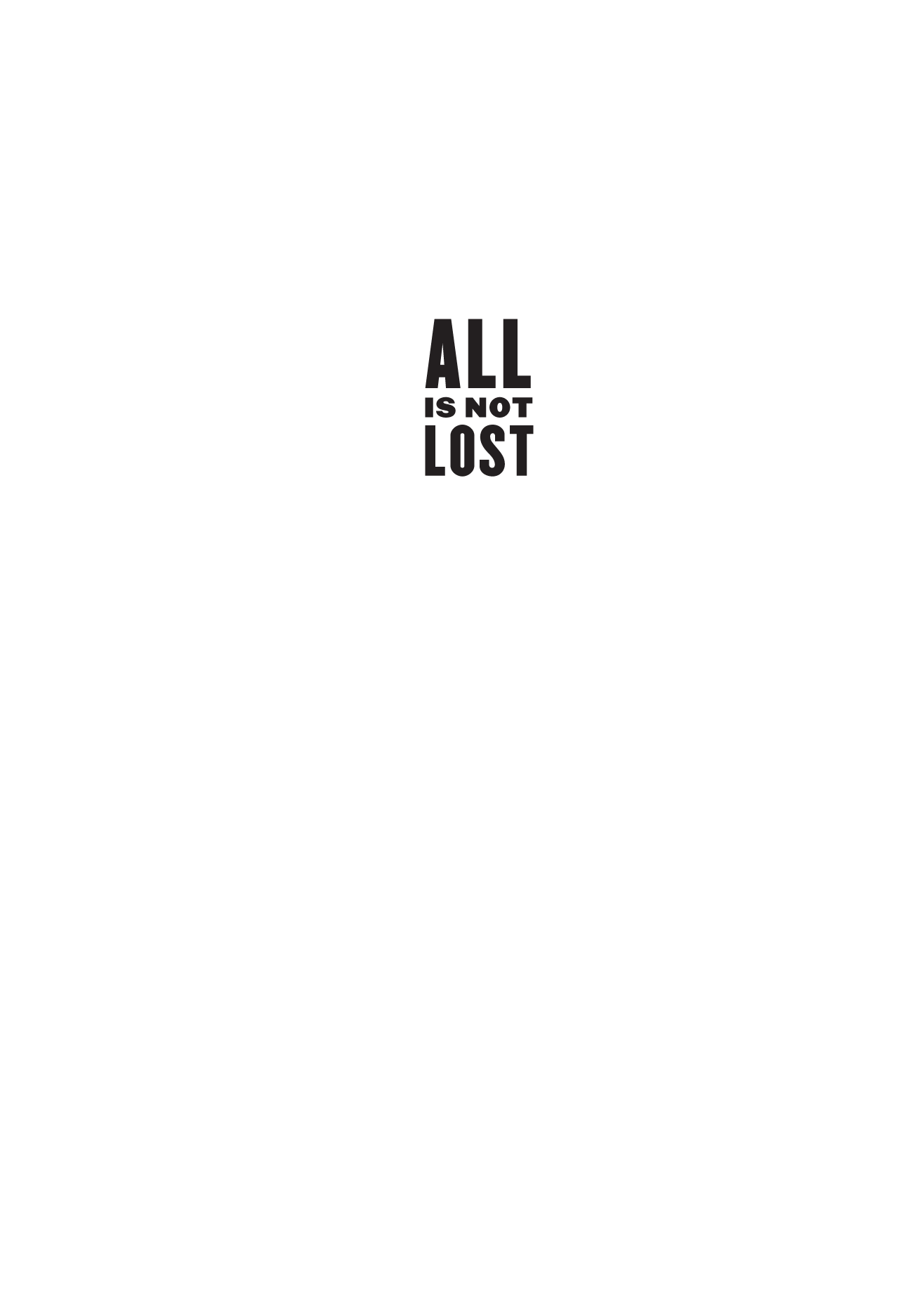
DISASTERS ARE OPPORTUNITIES
D isasters are everywhere we look: Climate apocalypse in the form of rising sea levels. Prolonged periods of drought. Tens of thousands of catastrophic wildfires that decimate over eight million acres of forest every year. The novel coronavirus, and its lethal disease COVID-19, killing millions and infecting over one hundred million globally. The rise of far-right white nationalists like Donald Trump in 2016. Terrifying conspiracies like QAnon, which imagine a secret cabal of Democrats and Satanists, the deep state, working behind the scenes to subvert the Trump administration. Viral videos of Black pain on social media. An unarmed Black man, George Floyd, in Minneapolis is suffocated to death in May 2020 by an officer for eight minutes and forty-six seconds, while pleading for his life and yelling for his deceased mother. In August of the same year in Kenosha, Wisconsin, another Black man, Jacob Blake, is shot seven times in the back by another cop as he, Blake, approaches his car and reaches into its glove compartment. In 2020, when the COVID pandemic is at its peak, unemployment reaches double digits, disproportionately impacting working-class citizens of color. Millions are without health insurance. Theres increased hostility with an existing nuclear powerRussiaand the threat of a new cold war. And a dangerously escalating one with an aspiring global powerIran.
No wonder disaster makes us want to withdraw. To let the storm pass over us. To wait for brighter days. Disaster makes us paralyzed, forcing us into what is familiar. To embrace whats known. Were debilitated. Critical reflection is gone. We dont want to think about politics. Forget about interests, parties, capitalism, history. Anything, really. It all feels beside the point when youre trying to survive, to avoid doom scrolling through the latest news, ever more horrifying by the day.
Tempting as this pessimism might be, its not the only response to disaster. And it cant be for those who care about justice. Silence is a boon for inequality. Depression, a victory for mass suffering. Disaster cant control our politics. Nor should it. Especially because when everything appears lost, the battle for the future is waged. Counterintuitive as it may seem, disaster creates unprecedented opportunity to change our world. When all is broken, disoriented, and rearrangedwhen things collapse, crumble, dissipate, and die and when we need guideposts for something freshwe can transform society.
Such an opportunity, however, is a double-edged sword. Its good for you but also for anyone who wants to seize it. Especially the powerful. In the aftermath of the 2008 financial crisis, Barack Obamas chief of staff, Rahm Emanuel, would echo a sentiment that became postcard wisdom for policy elites: You never want a serious crisis to go to waste. I mean, its an opportunity to do things that you think you could not do before. A senior advisor to Bill Clinton in 1993, member of the US House of Representatives from the Fifth Congressional District of Illinois, and Democratic mayor of Chicago from 2011 to 2019, Emanuel has, throughout his career, used disaster to institute his centrism. He talked Obama out of demanding a public option for his signature policy, the Affordable Care Act, in 2010 as a way to keep the healthcare industry happy and not alienate suburban white voters. As Chicago mayor, Emanuel was responsible for the largest closure of public schoolsfiftyto offset the citys budget deficits.
In August 2020, as COVID was rapidly changing the world as we knew it, he gave the Democratic presidential candidate, Joe Biden, a bit of advice on CNBC: Two things I would say if I was advising an administration, Emanuel said. One is theres no new Green Deal, [and] theres no Medicare for All, probably the single two topics that were discussed the most. Indeed, rather than transform American policy in this chaotic moment, Emanuel proposed that nominee Biden use the unmitigated moral disaster of the Trump presidency to change the composition of the Democratic Partys electorate, to bring aboard as many moderate Republicans as possible. This will be the year of the Biden Republican, Emanuel declares. My view is you dont want this to be a transactional election. You want this to be the opportunity of a transformational election.
Emanuels views should anger progressives. Why leverage disaster to expand the influence of the Right, rather than transform radically unequal institutions? But Emanuels thinking isnt new. Its been a staple of reactionary thought for decades. In his 1982 preface to the fortieth-anniversary rerelease of his classic book

